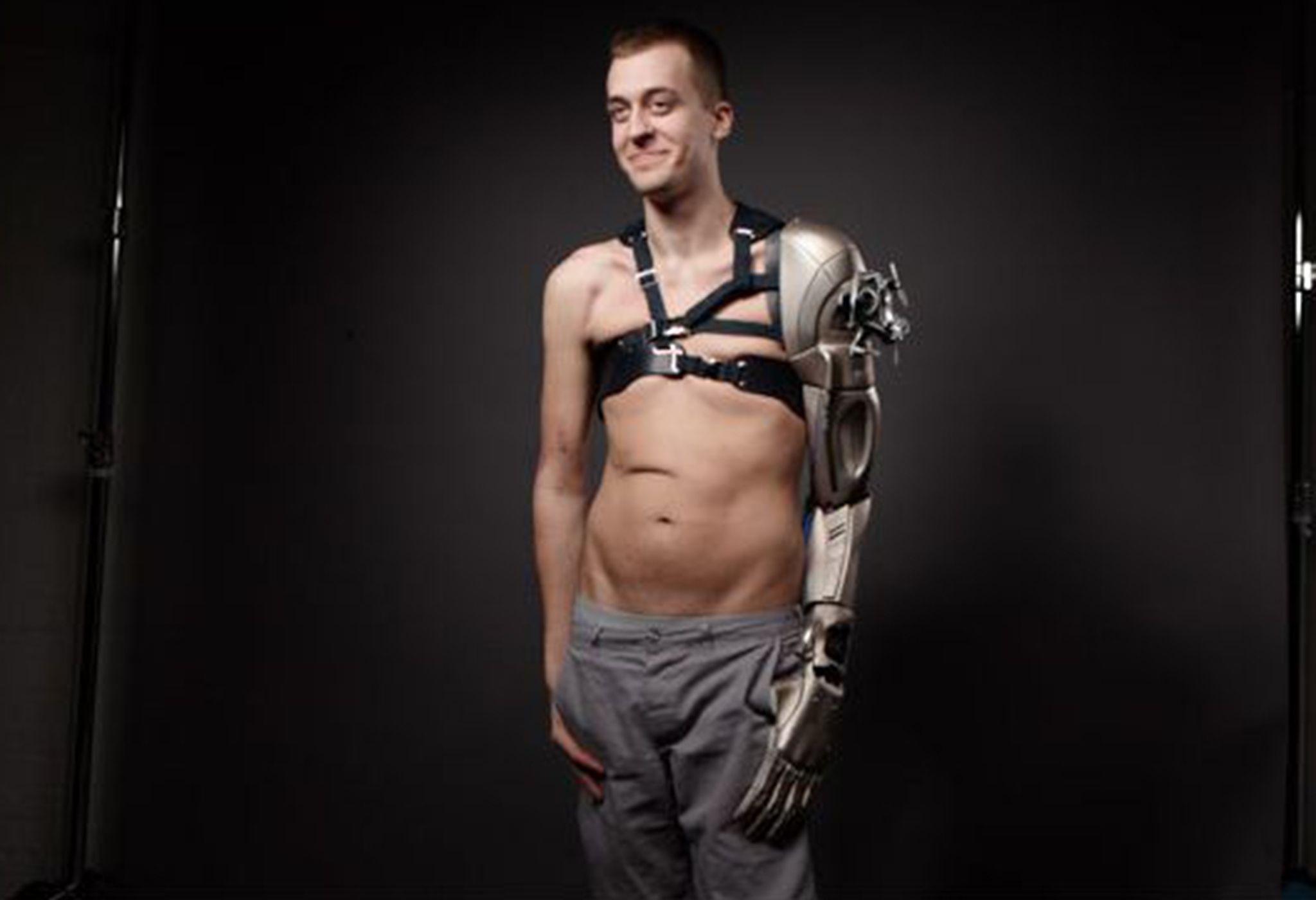
Whether in the brain or in code, neural networks are shaping up to be one of the most critical areas of research in both neuroscience and computer science. An increasing amount of attention, funding, and development has been pushed toward technologies that mimic the brain in both hardware and software to create more efficient, high performance systems capable of advanced, fast learning.
One aspect of all the efforts toward more scalable, efficient, and practical neural networks and deep learning frameworks we have been tracking here at The Next Platform is how such systems might be implemented in research and enterprise over the next ten years. One of the missing elements, at least based on the conversations that make their way into various pieces here, for such eventual end users is reducing the complexity of the training process for neural networks to make them more practically useful–and without all of the computational overhead and specialized systems training requires now. Crucial then, is a whittling down of how neural networks are trained and implemented. And not surprisingly, the key answers lie in the brain, and specifically, functions in the brain and how it “trains” its own network that are still not completely understood, even by top neuroscientists.
In many senses, neural networks, cognitive hardware and software, and advances in new chip architectures are shaping up to be the next important platform. But there are still some fundamental gaps in knowledge about our own brains versus what has been developed in software to mimic them that are holding research at bay. Accordingly, the Intelligence Advanced Research Projects Activity (IARPA) in the U.S. is getting behind an effort spearheaded by Tai Sing Lee, a computer science professor at Carnegie Mellon University’s Center for the Neural Basis of Cognition, and researchers at Johns Hopkins University, among others, to make new connections between the brain’s neural function and how those same processes might map to neural networks and other computational frameworks. The project called the Machine Intelligence from Cortical Networks (MICRONS).
Continue reading “IARPA Project Targets Hidden Algorithms of the Brain” »















